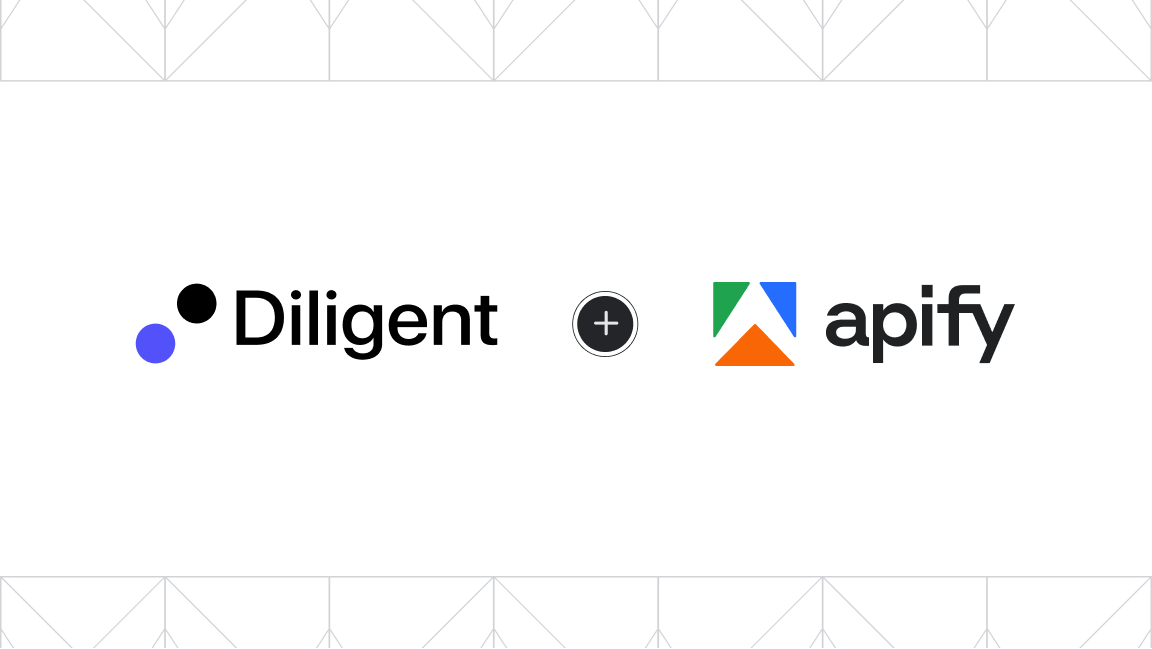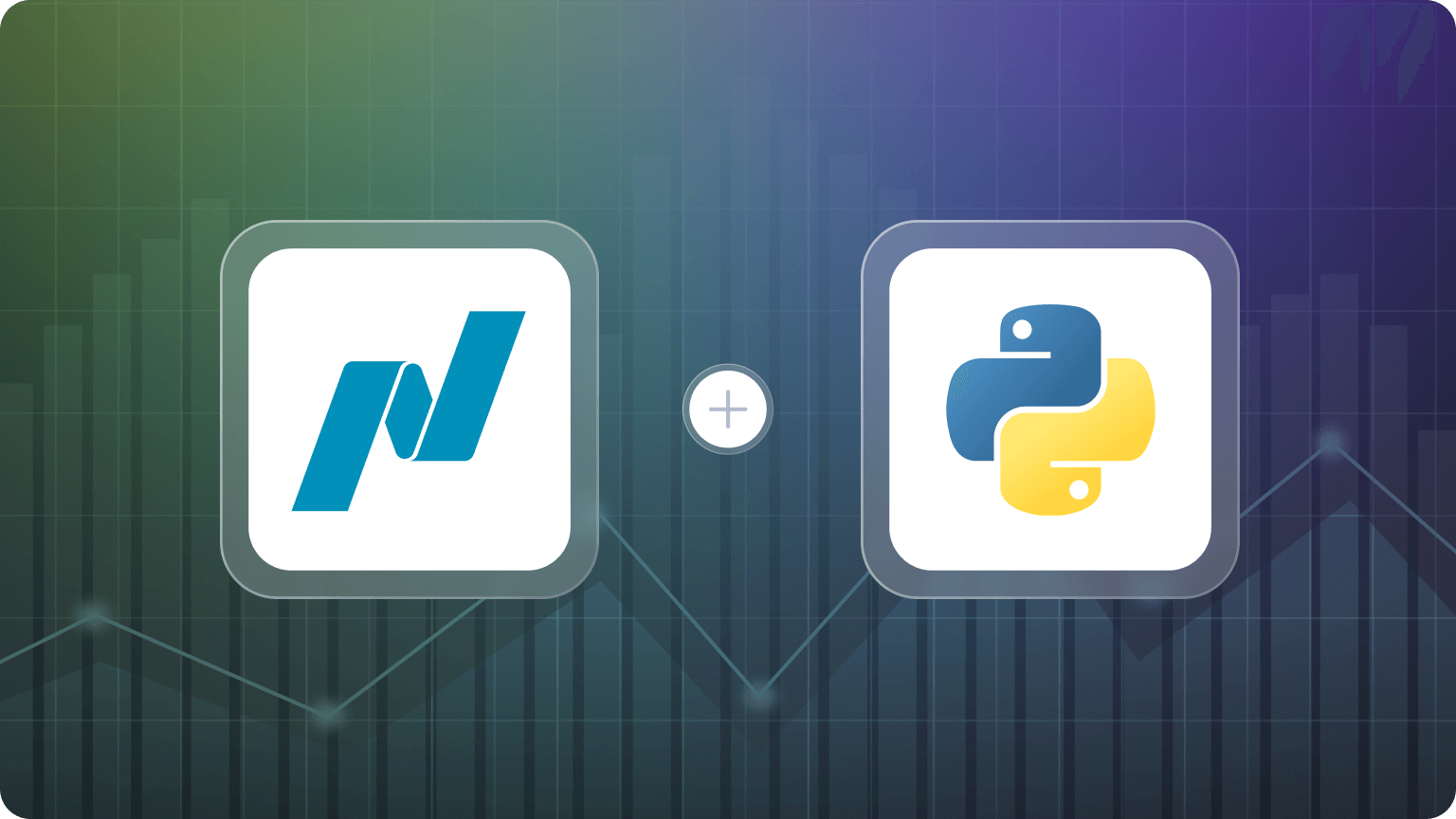Modern fintech stacks are dense with integrations: partner APIs, aggregators, licensed datasets, and internal pipelines that look healthy in dashboards. And yet some of the most expensive failures in fintech happen despite all of this infrastructure — not because data is missing, but because the authoritative truth changed somewhere else, and the system didn’t notice.
For example:
- A lender updates eligibility language on a product page without changing the API payload.
- A bank revises fee disclosures before downstream aggregators refresh.
- A regulator publishes new guidance that materially alters compliance interpretation.
- A counterparty edits its terms page in a way that quietly shifts liability.
None of these are edge cases. They’re structural blind spots created by the way financial truth is published versus the way fintech systems ingest data.
This is what web scraping solves in fintech, and why it exists as a serious capability rather than a hack.
This Y Combinator company helps fintechs automate customer due diligence to stop financial criminals. By using Apify instead of building scrapers, they cut costs by 30% and freed engineers to focus on their core product.
Authoritative truth changes outside your data contracts
APIs and licensed datasets are optimized for stability, normalization, and scale. That abstraction is useful, but it’s also a boundary. It’s shaped by contracts, schemas, product priorities, and refresh cycles.
In the examples above, the authoritative truth doesn’t live in an API response. It lives in places that are legally and operationally decisive:
- a public product page
- a disclosure table or PDF
- a regulator’s website
- a counterparty’s published terms
These sources are:
- human-readable first (meant for customers, auditors, and courts)
- updated asynchronously (not on your vendor’s refresh schedule)
- treated as “ground truth” when disputes happen
Web scraping matters in fintech because it lets your systems observe the same truth that regulators, customers, auditors, and courts will later reference directly at the source.
When eligibility changes but the API stays the same
Imagine a lender updates its site to say:
“Available only to applicants with at least 12 months of continuous employment.”
The API may still return the same product ID, the same rates, the same schema. Technically, nothing “broke.”
But if your platform pre-qualifies users, routes applications, or advertises eligibility, you can become wrong in a way that matters: you’re now guiding users based on stale eligibility logic.
Scraping solves this by treating the published eligibility disclosure as a first-class signal, not an afterthought. Here's why it's a better alternative than vendor datasets, partner APIs, and manual review:
- Vendor datasets often prioritize standardized fields and may not preserve nuance or exact phrasing.
- Partner APIs expose what partners formalize, and eligibility wording frequently lags behind UI edits.
- Manual review doesn’t scale and rarely produces a defensible “what was published on date X” record.
Scraping turns eligibility from an assumption into an observable, monitorable fact.
When fee disclosures update before aggregators do
Fee changes are high-impact. They reliably drive customer complaints, erosion of trust, and regulatory scrutiny. In practice, fee truth usually updates first on pricing pages, disclosure tables, and terms documents.
Aggregators and downstream feeds can update later because their pipelines trade immediacy for validation and standardization.
Scraping anchors your system to the artifact that matters most: the published disclosure. You’re not trying to “beat” your vendor; you’re trying to ensure your product reflects what customers will see and what regulators will cite.
This is one of the clearest fintech cases where scraping can outperform other methods, because disclosures are often the first place reality changes.
When regulatory guidance changes quietly
Regulators rarely ship “breaking changes” through APIs. Guidance often appears as:
- updated FAQs,
- revised manuals,
- policy statements,
- enforcement-related communications,
- or subtle edits to official pages.
For compliance and risk teams, these changes can alter interpretive thresholds, reporting obligations, and what is considered acceptable practice.
Scraping is valuable here because it provides source monitoring. It doesn’t replace legal analysis. Rather, it ensures legal analysis begins from the current source text, not from delayed secondary summaries.
When counterparties quietly shift liability
Counterparty risk is often governed by what’s written on terms pages, policy documents, and service descriptions.
These pages change, often quietly. A clause moves, a disclaimer expands, a responsibility shifts.
Sometimes your contract (explicitly or practically) incorporates “published terms,” which makes the web page itself part of the risk surface. Scraping is how fintech teams make this observable rather than assumed. It can capture the terms artifact on a schedule and escalate material modifications (liability, data usage, SLAs, dispute language).
No partner API exposes “we changed our terms page yesterday.” For this class of truth, scraping is often the only scalable monitoring method.
Fintech needs source-level observability
Across all these examples, scraping succeeds for a single reason: it observes truth at the moment and place it is declared.
If your stack only knows what vendors and APIs tell it, you will learn about reality late. If your stack observes the same public sources that customers, regulators, and counterparties rely on, you learn when reality changes.
Web scraping is the mechanism that makes the second option possible.








